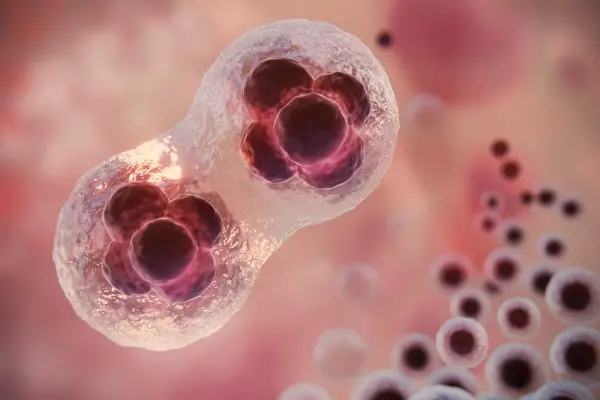What Does Poor Egg Quality Mean?
Poor egg quality refers to eggs that have a compromised ability to fertilise and develop into a healthy embryo. It plays a significant role in female infertility and frequently correlates with age, genetics, hormone abnormalities, and environmental effects. Infertility issues, frequent miscarriages, and irregular menstrual periods are the symptoms of poor egg quality.
As women age, egg quality can decline, potentially resulting in chromosomal abnormalities that affect pregnancy success. Addressing poor egg quality involves lifestyle changes, supplements, advanced reproductive technologies like IVF with genetic testing, and sometimes egg donation. Seeking expert medical guidance is essential to navigate this complex aspect of fertility.
Symptoms of Poor Egg Quality
While the internal processes related to egg quality might not show obvious external signs, specific indicators could suggest potential issues. The symptoms of poor egg quality include:
- Difficulty in conception: One of the primary signs of poor egg quality is difficulty conceiving, especially for women over 35. It might be time to investigate the potential of egg quality being a factor if you’ve been actively trying to become pregnant for a year without success (or six months if you’re over 35).
- Recurrent miscarriages: Poor egg quality has also been associated with recurrent losses, especially in the early stages of pregnancy. A fertility expert should be seen if you’ve had several miscarriages.
- Irregular menstrual cycles: Irregularities in the monthly cycle might demonstrate a hormonal imbalance that can influence an egg’s nature. While this is certainly not a conclusive side effect, assessing it within a broader context is important.
Causes of Poor Egg Quality
Understanding the root causes is crucial in addressing the problem. Here are some well-established causes of poor egg quality:
- Age: Age is a significant factor in egg quality. Age-related decreases in egg creation might improve the probability of genetic defects in the leftover eggs. Thus, fertility tends to decline after the age of 35.
- Genetic factors: A genetic tendency may also contribute to low egg quality. Specific genetic disorders can impact the quality of eggs produced.
- Chemical disturbances: The reproductive system relies upon a fragile hormonal equilibrium to appropriately work. The development and maturation of eggs can be affected by changes or irregularities in hormones like FSH (follicle-stimulating hormone) and AMH (anti-Müllerian hormone).
- Lifestyle and environment: Habits like smoking, binge drinking, being overweight, and being exposed to contaminants in the environment can all have an impact on the quality of eggs.
Treatment of Poor Egg Quality
Fortunately, there exist strategies and treatments of poor egg quality that can heighten the likelihood of a successful pregnancy:
- Lifestyle Adjustments: Embracing a wholesome lifestyle can positively influence egg quality. Keep an enhanced eating routine loaded with nutrients, minerals, and antioxidants. Regular physical activity and the use of stress-reduction methods like yoga or meditation could be gainful.
- Dietary Enhancements: A few dietary enhancements, including CoQ10, DHEA, and antioxidant vitamins C and E, have shown guarantee in further developing egg quality.
- In Vitro Fertilisation (IVF) coupled with Preimplantation Genetic Testing (PGT): For those grappling with compromised egg quality, the fusion of IVF and PGT can stand as an efficacious choice. PGT empowers embryologists to assess embryos for genetic irregularities before implantation.
- Egg Contribution: In instances of notably impaired egg quality, using eggs from a younger, healthier donor can significantly amplify the prospects of a successful pregnancy.
- Hormone Therapeutics: Depending on hormonal imbalances, fertility experts may recommend hormone therapy to regulate the menstrual cycle and enhance egg quality.
- Averting Environmental Toxins: Curtailing exposure to environmental toxins and pollutants can positively impact egg quality. This encompasses diminishing contact with chemicals present in personal care items, household cleaners, and pesticides.
Conclusion
Understanding the importance of egg quality is a crucial step in your unique road to parenting. Remember, it’s critical to get advice from a licensed healthcare expert if you think low egg quality may be a problem. You may improve your chances of having a safe and successful pregnancy by making educated lifestyle decisions and looking into available therapies. Here’s to healthier eggs and brighter futures!

